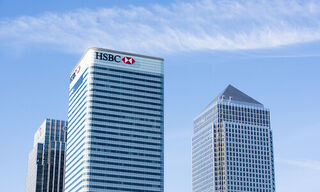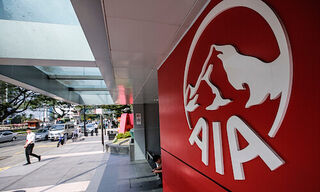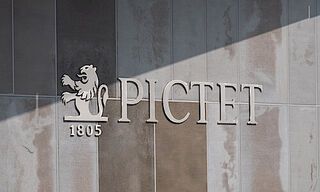UOB Group's net earnings and total income rises on the back of growth in both net interest and fee and commission income.
UOB Group's full-year profit for 2018 has reached a record of S$4.01 billion (US$2.96 billion), an 18-percent increase from a year ago, and its total income rose 6 percent to S$9.12 billion, the bank announced on Friday morning before markets opened.
At the same time, UOB reported S$916 million net earnings for the fourth quarter, 7 percent higher year-on-year, though this was a 12 percent lower than the previous quarter, which the bank said was a result of more entrenched market uncertainties.
«Healthy growth across our core franchise has enabled us to deliver record profits in 2018. As global uncertainties persist in 2019, we will stay disciplined in pursuing sustainable growth, while maintaining a risk-focused approach and equipping our people for the future,» Wee Ee Chong, UOB Deputy Chairman and CEO, said about the results.
Full Year Earnings
UOB's net interest income grew 13 percent to S$6.22 billion, driven by broad-based loan growth and higher net interest margin, which increased five basis points to 1.82 percent, in line with the rising interest rate environment, the bank said.
Strong performance in loan-related, credit card, trade-related and fund management fees was behind a 5 percent increase in net fee and commission income, which reached S$1.97 billion. However, other non-interest income declined 20 percent to S$930 million, which the banks said was largely due to unrealised mark-to-market on investment securities and lower gains from the sale of investment securities.
Higher performance-related staff costs and IT-related expenses saw the bank's total expenses increase by 7 percent to S$4 billion. «This reflects the Group’s continued commitment towards investing in talent and technology to improve product capabilities and customer experience and to reap benefits from digitalisation,» the bank said. The cost-to-income ratio for the year rose marginally to 43.9 percent.
Business Segments
The total income for its Group Retail segment rose 4 pecent to S$3.95 billion on the back of volume growth and deposit margin improvement, while Group Wholesale Banking reported an income growth of 11 percent to S$3.94 billion. This was led by double-digit loan growth and broad-based increase in fee and customer treasury income, the bank said.
The Global Markets segment grew 6 percent to S$465 million, which the bank said was a result of favourable movements in foreign exchange and rates.
Strong Capital Base
Gross loans and deposits grew 11 percent and 7 percent from the year before to S$262 billion and S$293 billion respectively, with a loan-to-deposit ratio of 88.2 percent as at 31 December 2018, the bank said.
At the same time, UOB saw improved returns in risk-weighted assets, which grew from 1.63 percent to 1.93 percent, as well as return on equity, which grew from 10.2 percent to 11.3 percent.
Riding on Southeast Asia
«As a long-term player with deep knowledge of and an extensive presence that connects Southeast Asia, we are best positioned to ride on the region’s immense growth potential,» UOB Deputy Chairman Wee said.
Going forward, the bank said it would continue to «invest in its omni-channel capabilities and to forge ecosystem partnerships,» as it already has done with Prudential and Grab, and will continue engagement with Southeast Asia's large consumer base of mobile-first and mobile-only customers through its digital bank.
Increased Dividend Payout
The board has recommended a final dividend of 50 cents per ordinary share and a special dividend of 20 cents, slightly up from 45 cents and 20 cents respectively from a year ago. This brings the total dividend for the financial year ended 31 December 2018 to S$1.20 per ordinary share, an increase of 20 percent from the year before. Inclusive of the special dividend, this represents a payout ratio of approximately 50 percent. The final dividend is subject to shareholders’ approval at the bank's annual general meeting on April 26.


























